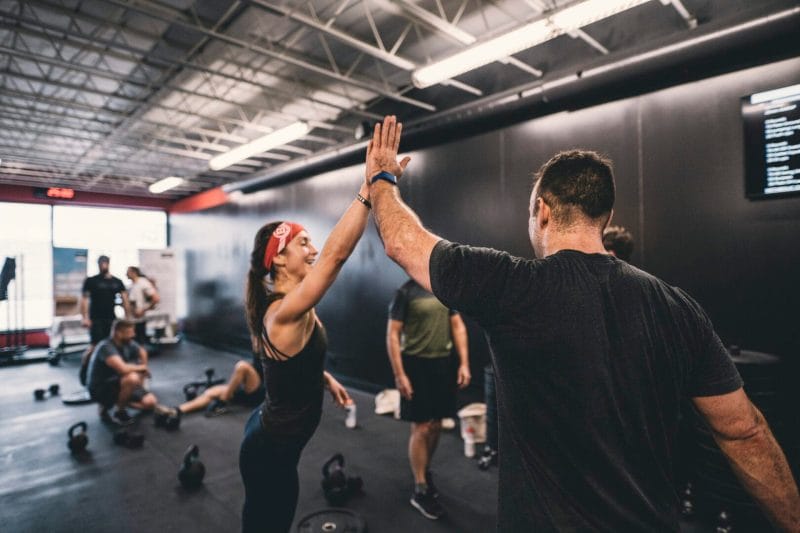There is a common misconception that deep squats are bad for the knees. In this article, we aim to debunk this myth and provide evidence-backed insights on the topic. By examining the biomechanics of deep squats, considering individual factors, and exploring the potential benefits and risks, we seek to clarify the truth about the impact of deep squats on knee health. Plus, find a personal trainer near you who can guide you through proper squatting technique.
Biomechanics of Deep Squats: Understanding the biomechanics of deep squats is crucial for addressing the myth about knee health. Deep squats involve descending to a position where the hips are below the knees. Contrary to popular belief, research shows that deep squats can be safe and beneficial when performed with proper form and technique. In fact, deep squats can help strengthen the muscles around the knees, including the quadriceps, hamstrings, and glutes, which can provide stability and support for the knee joint.
Individual Considerations: Individual factors, such as pre-existing knee conditions, mobility limitations, and training experience, should be taken into account when performing deep squats. If you have a history of knee issues or limitations, it is important to consult with a medical professional or a qualified personal trainer who can assess your specific needs and provide appropriate modifications or progressions.
Benefits of Deep Squats: Deep squats offer numerous benefits for overall lower body strength and mobility. By descending to a deep squat position, you engage a larger range of motion, which can help improve flexibility and joint health. Deep squats also activate the muscles in a more comprehensive manner, promoting balanced strength development throughout the lower body. Additionally, deep squats can enhance core stability and contribute to improved athletic performance.
Risks and Proper Technique: While deep squats can be beneficial, it is crucial to maintain proper form and technique to minimize potential risks. Focus on maintaining a neutral spine, ensuring that the knees track in line with the toes, and distributing the load evenly through the feet. Engaging the muscles of the lower body and maintaining control throughout the movement is key to squatting safely and effectively.
The Role of a Personal Trainer: If you’re unsure about proper squatting technique or have specific concerns regarding your knees, working with a qualified personal trainer can be invaluable. A personal trainer can provide expert guidance, assess your form, and help tailor a squatting program to your individual needs. They can also assist in identifying any muscular imbalances or mobility issues that may impact your squatting technique and suggest appropriate corrective exercises.
Gradual Progression and Listening to Your Body: As with any exercise, it is important to progress gradually and listen to your body when incorporating deep squats into your training routine. Start with a comfortable depth and gradually increase the range of motion as your mobility and strength improve. Pay attention to any discomfort or pain in the knees and adjust your technique or seek guidance from a professional if needed.
The myth that deep squats are bad for the knees is debunked by understanding the biomechanics, individual considerations, and proper technique involved. When performed correctly, deep squats can actually promote knee health, improve lower body strength and mobility, and contribute to overall functional fitness. To ensure safe and effective deep squatting, consider working with a qualified personal trainer who can guide you through proper technique, provide individualized coaching, and help you achieve your fitness goals while minimizing the risk of injury.


